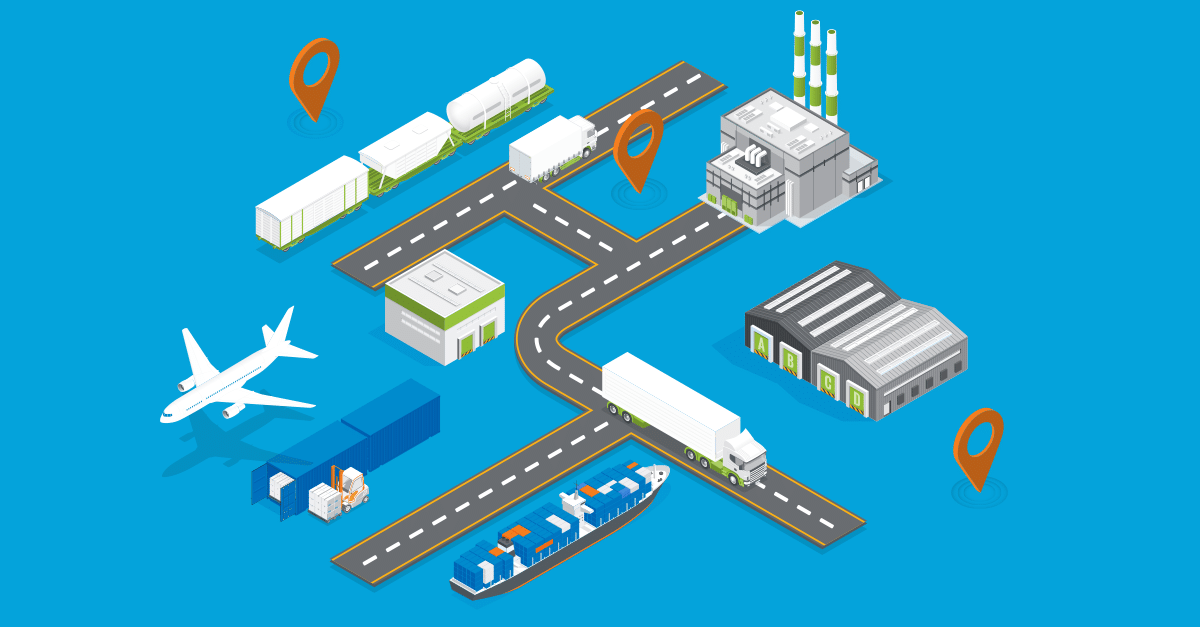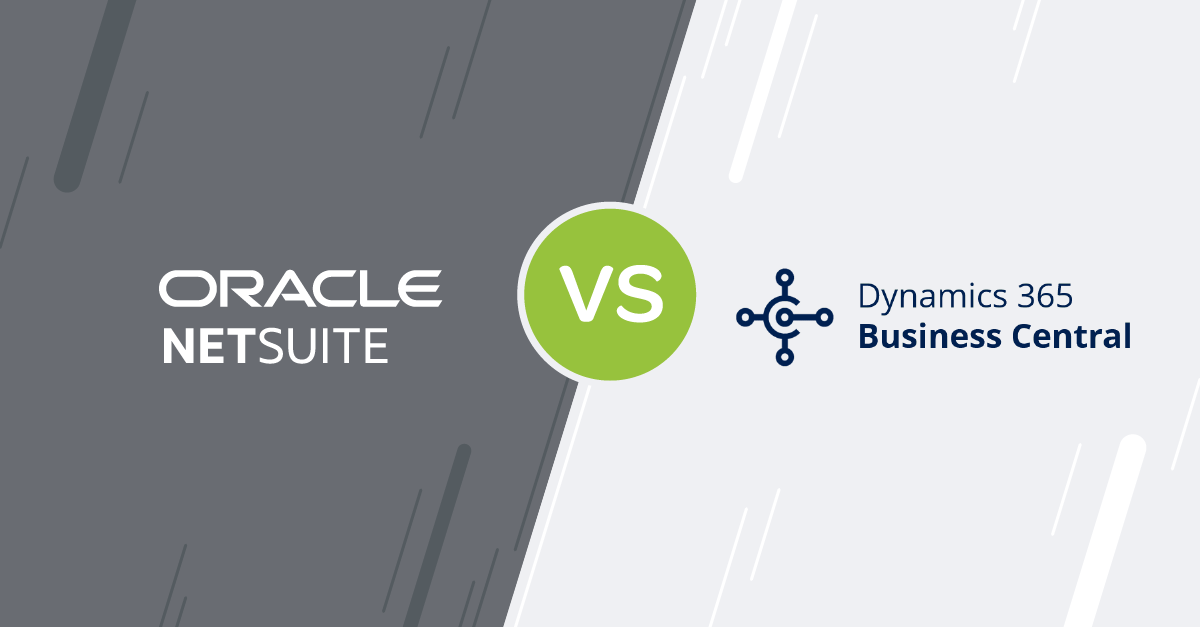Blog
Share this
Understanding the Role of ERP in Supply Chain Management

by Jalene Ippolito on July 15, 2021
Building a resilient supply chain has become a top priority for small to mid-size distributors and manufacturers in the past year. The disruptions we saw throughout COVID-19 forced companies to become more flexible and expand their supplier networks so they’re not reliant on a few chosen vendors to fulfill orders.
How are other distributors and manufacturers accomplishing this? Research indicates that ERP software is a central component of the plan – searches for ERP software have increased 278% compared to the first quarter of 2020!
So, why the interest in ERP software rather than dedicated supply chain management (SCM) software? Where SCM systems handle the activities that directly impact your supply chain, ERP software integrates data from across the entire business. Plus, today’s ERP solutions include many of the tools you’d get with a stand-alone SCM solution. And for growing small and mid-size companies, simple is often better – the more you can do with your core ERP system, the less complexity you have overall.
What is supply chain management?
Supply chain management focuses on the processes and partnerships required to forecast, plan, execute and monitor the flow of goods through the supply chain – right from raw components, to delivering the final product to the consumer. This includes demand planning, sourcing, manufacturing, delivery and logistics, and product returns.
While you can purchase dedicated SCM software to handle the data related to these processes, it often doesn’t make sense for smaller companies. Supply chain management represents a functional area of your business and is a subset of the functionality you’ll find in any modern ERP system.
If you want to know how effectively you’re managing your supply chain, consider how well you’re able to:
- Manage the flow of goods and materials throughout your supply chain
- Adjust production scheduling to respond to changes in supply and demand
- Deliver quality products to the right customer at the right time
Have questions about ERP? We've got answers.
Book a quick call with our team to gain clarity and take the next step with confidence. There's no pressure, no obligation—just honest advice to help you make the right decision for your business.
How does ERP support supply chain management?
Using your ERP system to manage your supply chain gives you a broader view of business operations, including finances, sales, inventory, production and more. You have greater visibility into the factors that impact demand planning, purchasing and production. Plus, you benefit from the efficiency that comes with an integrated ERP solution. With all your data in one system, you can streamline workflows and leverage automation to increase efficiency across the organization (not just your supply chain team).
Let’s dig into some more specific examples.
More effective demand planning
Knowing how much of each item to order and when to order it is critical to an effective supply chain. But it’s easier said than done – especially if you’re relying on manual demand planning using a spreadsheet. One wrong calculation can throw off your entire supply chain, causing delays, upset customers and bottlenecks on your production line.
An ERP system includes tools to handle the heavy lifting for you, pulling data from your current inventory levels, sales forecasts and historical trends to create accurate demand plans. This level of demand forecasting enables you to use just-in-time inventory to keep carrying costs low.
Improved inventory and warehouse management
What’s the key to creating reliable demand forecasts? Having an accurate count of your inventory. ERP software gives you total visibility into your inventory counts, costing and tracking across multiple warehouses. Regular cycle counts and tools like barcode scanning increase inventory accuracy, while keeping audit costs low.
ERP also helps you optimize warehouse operations – everything from picking, packing, shipping and receiving. These improvements have a direct impact on your supply chain as they help you fulfill orders faster, so you can deliver more orders on-time and increase customer satisfaction.
Fewer production bottlenecks
The improvements you make on demand planning and inventory management flow straight through to your production process. With all data in your ERP system, you can easily allocate items, machinery and labour resources to a production BOM to keep your production line at peak capacity. Full visibility into purchasing allows you to identify delays on raw materials early so you can adjust capacity and keep lead times low.
Greater visibility into supply chain performance
Monitoring your supply chain can be challenging if you’re pulling data from multiple systems. ERP software gives you a consolidated view from across departments, so you can evaluate performance in a single dashboard. Having access to real-time data is essential to staying flexible and adjusting on-the-fly as delivery times or production schedules shift (as we know they will).
Better supplier relationships
Building a resilient supply chain requires redundancy – you need multiple suppliers for each product so there’s a back-up if your priority supplier can’t deliver. But how do you manage all those relationships effectively?
ERP software makes supplier management easy. You have simple-to-use tools to track communications, request quotes from multiple suppliers and track performance. It’s all centralized in the same system you’re using for demand planning and inventory management, so you can quickly convert supplier quotes into purchase orders with just a few clicks.
Simplify your supply chain with ERP software
Integrating supply chain management with your ERP system is the key to success. And the best part? You don’t need two separate systems to do it. We work with two of the leading ERP solutions for growing businesses – NetSuite and SAP Business One – and they both include the SCM tools you need to be effective. Without the complexity of adding an extra system.
When you implement an ERP solution, you’ll see benefits across the supply chain (and your company as a whole), including:
- Higher efficiency across the organization
- Improved customer satisfaction and retention
- Lower operational costs thanks to automation and greater employee productivity
- The ability to adapt quickly with a more flexible and resilient supply chain
Take our easy, 20-question ERP Need Assessment to find out if ERP is the right next step for your business. It’s quick and free—and you’ll get a personalized report with recommendations based on where your business stands today.
Share this
Stay in the Know!
Join other SMEs who receive our monthly ERP insights, tips and best practices.
You may also like

ERP Funding for Canadian Businesses

Should You Work with a NetSuite Implementation Partner or Go Direct?




